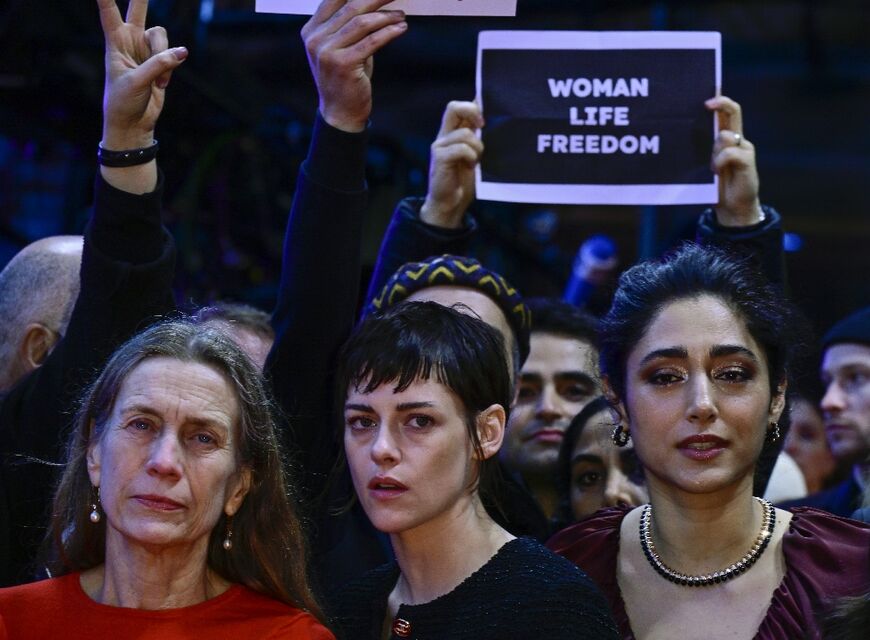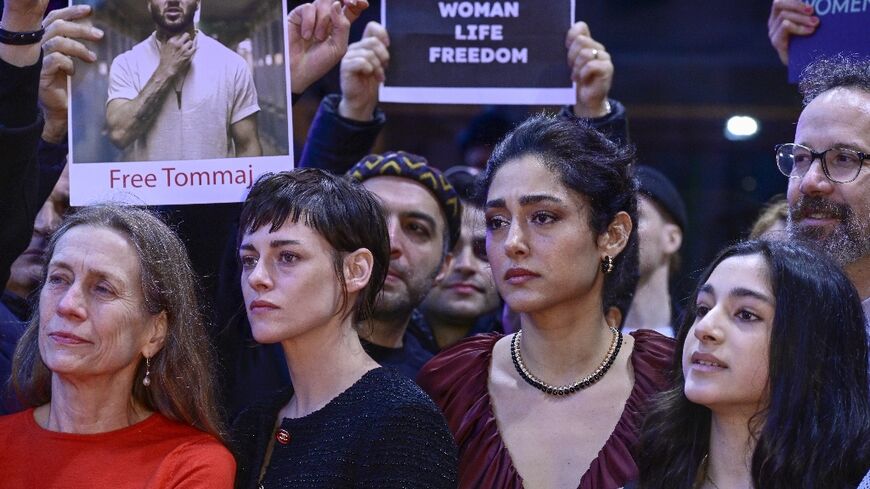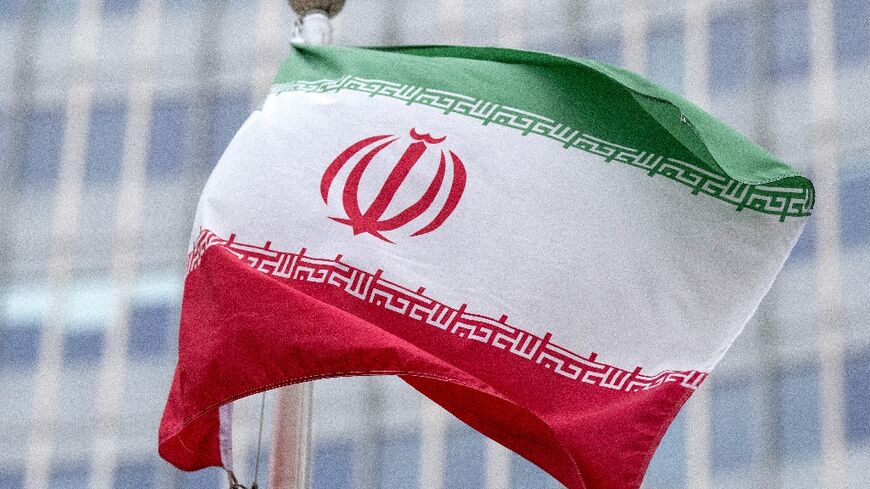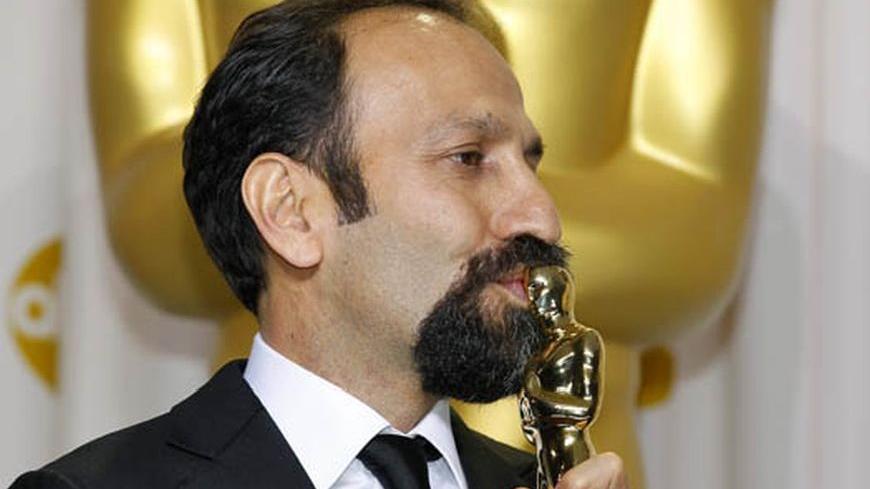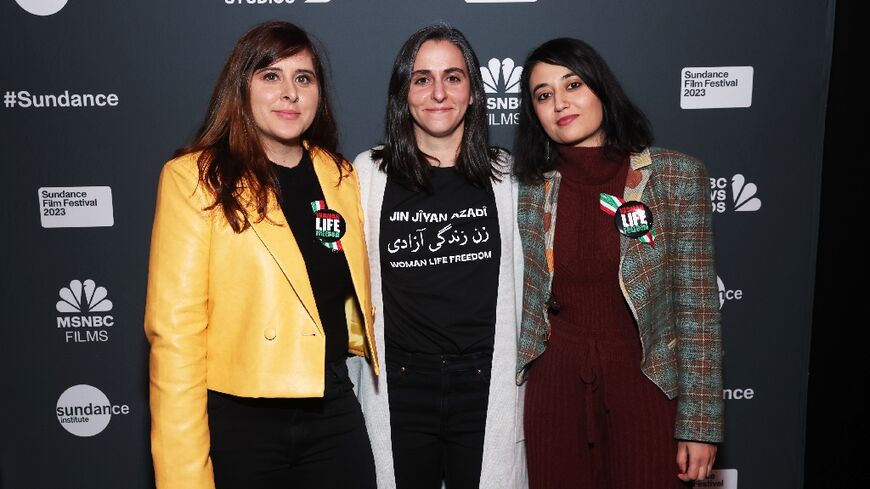Iran mother's pain and hope in film on daughter's execution
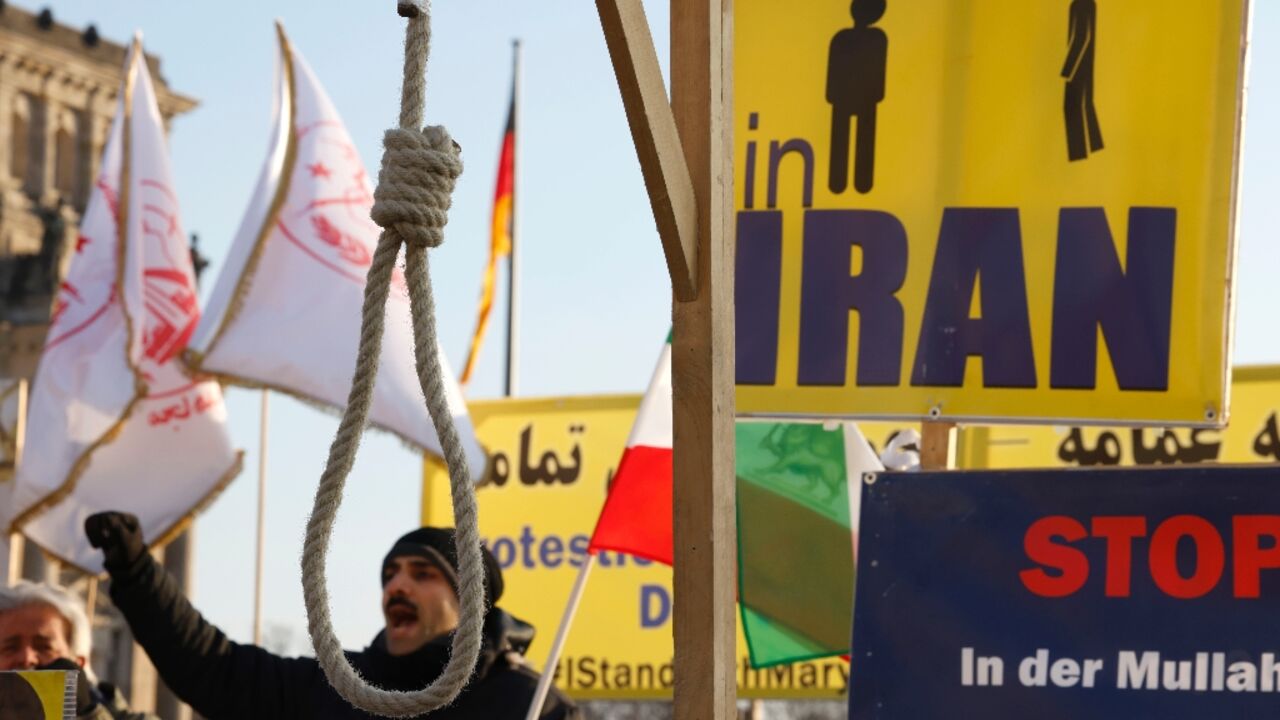
She was executed for killing the man who was trying to rape her. Now the subject of a devastating documentary, her mother says there are seeds of hope in her terrible story.
Reyhaneh Jabbari was 26 when she was hanged for murder in 2014, having become an international symbol of injustice in Iran.
She had spent seven years in prison for stabbing to death an ex-intelligence ministry official, Morteza Abdolali Sarbandi.
Despite being offered a reprieve if she retracted her rape allegation, she refused to lie -- even at the cost of her life.
Her courageous story and poetic diaries from prison are the subject of a new documentary, "Seven Winters in Tehran", which played at the Berlin Film Festival last month.
Somehow, Jabbari found the strength to forgive those who destroyed and ultimately took her life -- something her mother has never been able to do.
"Reyhaneh asked me to forgive the people who tortured her, and I tried for many years, but to this day, I cannot," her mother, Shole Pakravan, told AFP ahead of the film's release in France.
- 'Piece of hope'-
But unlike previous generations in Iran, too fearful to speak out, she has managed to use the tragedy to raise awareness.
"When I was young, I didn't know about the violence and executions in my country. It was hidden," said Pakravan, who now lives in exile in Germany.
"Now with this movie, we are able to speak about these things and show it to the world."
The film's director, Steffi Niederzoll, said she was deeply inspired by the family's strength.
"They have fought to break the circle of violence in Iran," she said.
"Reyhaneh forgave even the people who did this to her. She stayed with her truth, her dignity and asked her family to do the same. This creates a piece of hope in this very sad story."
The film was almost finished when protests broke out around the country in September over the death in custody of a young woman, Mahsa Amini, who had been arrested for allegedly breaching its strict dress code.
- 'Won't be silent' -
"I have hope in the people in these demos because the new generation are really fighting -- not like my generation," said Pakravan.
"Before people went to jail and came out and stayed silent. Now young girls are going to jail and being raped, and they still won't be silent."
But she also fears for what comes next.
"I fight against execution and torture so when I see protesters calling for mullahs (religious leaders) to be hanged, it makes me worry," she said.
"I don't know what system will come after this one, but I don't want it to use execution or torture."
Completing the film, and an accompanying book, has given her some relief after so many years of pain.
"I did my responsibility to Reyhaneh, and it has made me free. I can see the world around me again."


